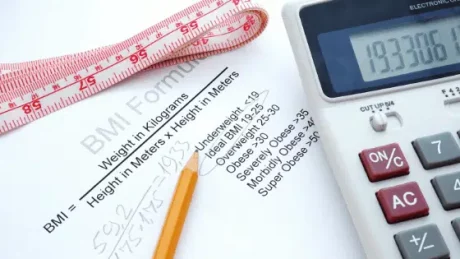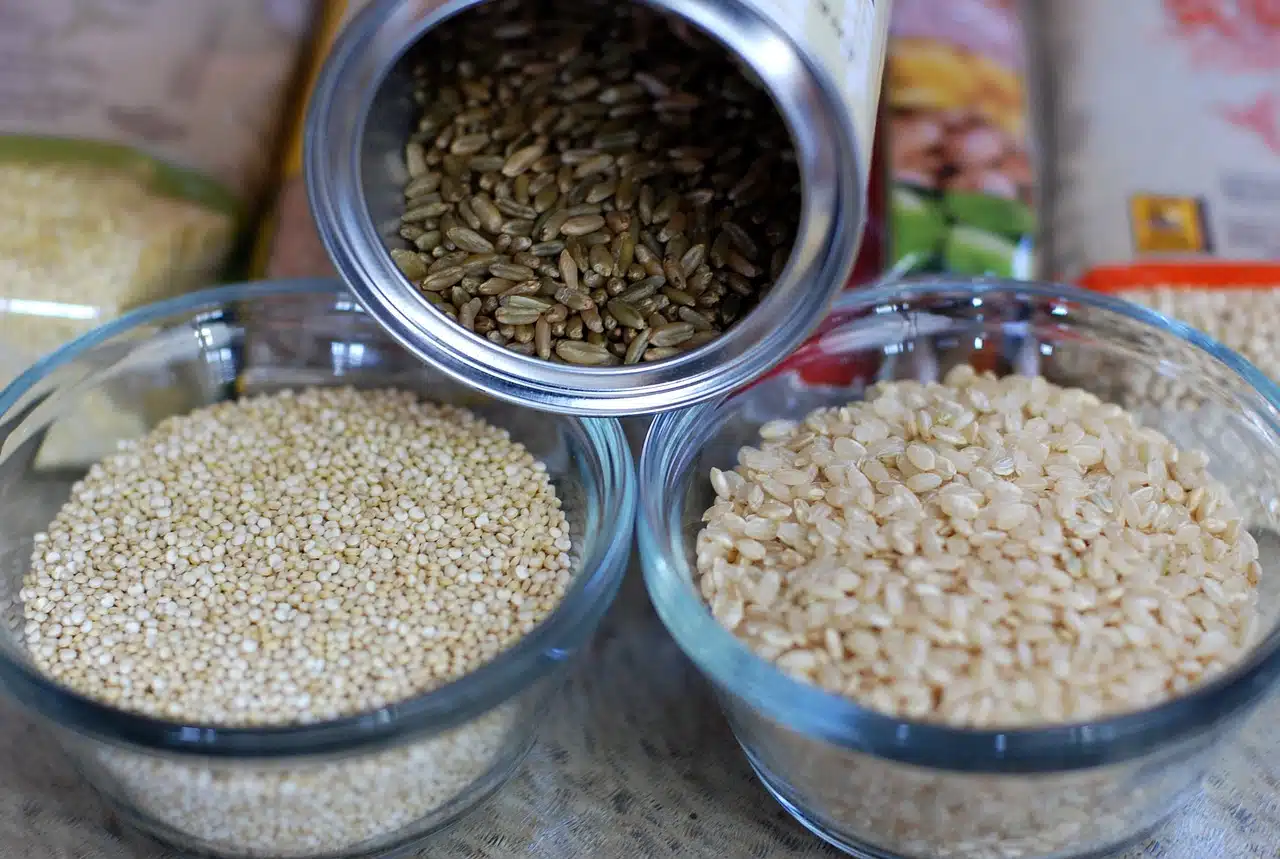All weight issues affect your health! Weight management is as important for those carrying too much weight, as well as thought with not enough. Yes! being underweight is just as much of a health issue as being overweight! While knowing your BMI (Body Mass Index) may be useful, there are other factors, such as the amount of lean muscle you carry, that need to be considered so that you can get a full picture of how to manage your weight effectively.
Often it is a combination of stresses affecting the body, mind and emotions creating imbalances that can lead to a weight problem. Lifestyle choices such as choosing convenience (and often unhealthy) foods, plus financial stresses, the impact of food availability, social events, cultural practices around food and such things that add considerably to our abilities to adopt and maintain healthy dietary habits.
The amount and type of movement and exercise you do, along with food choices and eating patterns can all alter your metabolism (how we build up and break down substances in the body) and create imbalances in the absorption of important nutrients and elimination of waste. Such imbalances need to be addressed in order to not only lose weight but keep it off in a sustainable way.

What is my Body Mass Index (BMI) and does it matter?
Tio find our your body mass index (BMI) use this calculator:
However, be aware that while BMI is generally used to assess risk for weight-related diseases, it is not a reliable indicator for very athletic types (who have more muscle), or those with very heavy (or very light) body frames. BMI is just one factor for disease risk, examples of other things to consider include:
- Diet
- Amount of physical activity
- Waist circumference
- Ratio of waist to hip measurements
- Distribution of body fat
These, plus BMI will give a more accurate picture of disease risk and aid in decision-making regarding the importance of losing or gaining weight.

What conditions am I at higher risk of with a high BMI?
A normal BMI is 19-25 (calculated as kg/m2). Overweight is from 25 to 30 and obese is above 30. As BMI goes up, the risk for certain conditions increases and the projected life span decreases. These conditions include:
- Diabetes
- Polycystic ovarian syndrome (PCOS)
- Cardiovascular disease
- High blood pressure
- Premature death
- Osteoarthritis
- Some cancers
What factors can make it hard to reduce BMI?
Many factors can influence your ability to lose weight. Some causes of weight gain and hindrances to weight loss can include:
- Allergies and food intolerances
- Hormone imbalances including PMS, PCOS, perimenopause, menopause and andropause
- Thyroid hormone dysfunction
- Insulin resistance
- Toxicity or poor detoxification
- Inflammation -fluid weight gain
- Stress hormones
- Sleep deprivation
- Yeast infection
- Lack of exercise
- Lack of water
- Lack of dietary fibre
Book an appointment

Weight management aided by body composition analysis
At House of Health we offer body composition analysis. This analyses your body fat and lean mass, accurately calculating the weight and percentage of your weight that is fat as opposed to lean tissue. This can help you learn more about your body and help you manage your weight effectively. Low calorie diets can often burn muscle instead of fat, so if you have been struggling to lose weight on a low calorie diet then delving a bit deeper into how your body in made up with a body composition analysis can help.
A body composition analysis assessment is made via measuring conductivity via leads that are applied to your hands and feet. The data obtained gives valuable insights into your health – not only the weight of fat and lean tissue, percentages and ratios, it also calculates your average daily calorie requirement, hydration levels and so on.
Do you want to learn how to manage your weight more effectively according to your unique body make up? Then body composition analysis can help. Another advantage of having this data, is to monitor your progress as the scales don’t tell the full story. As you lose fat and build muscle, your weight might not change, or even increase (!). This is because muscle actually weighs more than fat. Hence the body composition analysis can provide insights to the shifting of weight in these compartments.
Learn more about body composition analysis











